
The Gatlinburg area of Tennessee is Dolly Parton country, and I've been thinking about her ever since our trip. I think that someone could write a fascinating book of about ambivalence and the ecology of popular culture, with Dolly Parton as the central figure. (And oh, what a figure: over the years her breasts have gotten larger, and her hips have disappeared.) I just read her Wikipedia biography, and I'm starting to think that my answer to the question "If you could have dinner with anyone on the planet..." might just be Dolly Parton.
But if I did win a contest to have dinner with Dolly, I wouldn't necessarily want it to take place at her Dixie Stampede, where we had supper last Saturday night with the Sounds of South choir in Pigeon Forge. That meal is not one for foodies, Slow Food types or even someone like me who enjoys using silverware. It's a 21st century Roman spectacle with floor show on the dirt floor of a huge arena. Designed to accommodate 1000s of guests, a contest takes place each night between Confederate and Yankee sides of the audience, dramatizing the "friendly rivalry" played out in the Civil War. (No mention of slavery, or even of casualties.)
There are horses, flaming hoops, longhorn cattle, racing pigs, and kids chasing chickens. The show begins with an invocation of Indian lore (the Indians, we learn, lived in a "land steeped in legend" – whenever anything is "steeped" in anything, especially legend, you can bet that's a bad sign –) and ends with a giant Dolly on a screen, leading us in a patriotic anthem. Dolly had the "We aren't red states or blues states: we are the United States" theme going before anyone had ever heard of Obama. At one point there's a game of horseshoes, the contestants pitching toilet seats. The whole hillbilly thing: embrace the ignorance! The pleasure is that of becoming infantilized: we are small children again, at the enormous breasts of a loving Dolly. (Her latest album is called "Backwoods Barbie").
The food ("a 4 course extravaganza!"): all the Pepsi you can drink, potato soup, cornbread, a complete chicken for every plate, a slab of pork, baked potato, GMO corn-on-the-cob, and a flakey, fakey apple turnover. No flatware: you just dig right in with your greasy fingers, while whoopin' and hollerin' for either North or South. The experience did have its moments, I must admit.
Dolly thinks big. I was trying to imagine the original brainstorm and business plan for this dinner theater concept, and then I tried to imagine the Stampede kitchen, the life cycle of the 1000s of chickens and pigs, the lifestyles of the performers, the impact of Dolly Parton on the Smoky Mountains, or on country music....it's all more than I could put into my head at one time, or into one blogpost, certainly. Dolly has a large reach in the social imagination, and a huge eco-footprint. One of the ways she's given back to the region is to help fund a proposed hospital and cancer center in nearby Seiverville, Tennessee, in the name of the physician who delivered her. During our trip to Pigeon Forge and Gatlinburg, I kept wondering about hospital and health care for the thousands of people there, many of whom look as if they eat only the Standard American Diet (SAD) of sodas, nitrate-laced meats, empty carbs, trans fats, not too many plants, and lots of sugar (yes, that was our 4-course meal).
She also launched a literacy program for kids called Imagination Library; it now serves one out of every two children under the age of 5 in Tennessee, and has programs in other states, the UK and Canada. Children (and perhaps more importantly, parents) receive books in the mail each month until they are 5: the first one is my old favorite, The Little Engine That Could. (A perfect title for Dolly.)
Dolly Parton seems to have insight and a sense of humor about her own body and her cultural significance: she says "Don't let these false eyelashes lead you to believe/that I'm as shallow as I look/for I run true and deep." From the childhood home described as "a rustic, dilapidated one-room cabin in Locust Ridge, a hamlet just north of Greenbrier in the Great Smoky Mountains of Sevier County" (where she was the 4th of 12 children), to "country" dressed up as Dollywood, Dolly is nothing if not democratic. Just compare her childhood to that of the 13 offspring of Cornelius Vanderbilt, something Dolly probably did, growing up just over the holler from the 250-room Biltmore in Asheville. There's a story here about class (and Class) in America.
As Elma, Savannah's bus driver, put it while giving the choir a tour of the Smokys, "Dolly is a genuine, giving, kind-hearted woman, but she is very artificial." Interesting.
Here is Dolly singing "Jolene" in one of her early television appearances, in 1974:
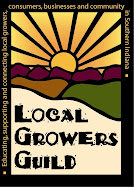























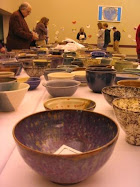




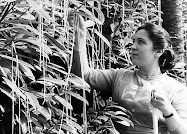


































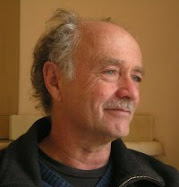











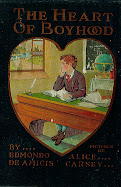





















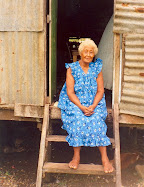


























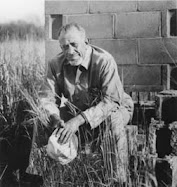









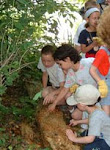.jpg)














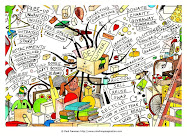






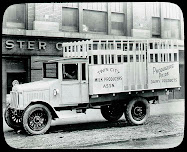





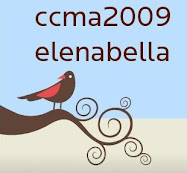














































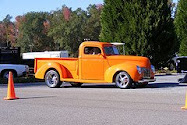













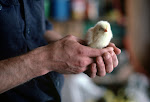
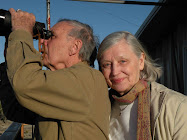
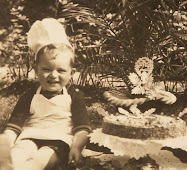














































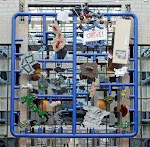.jpg)








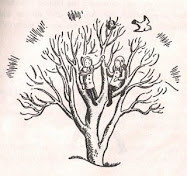







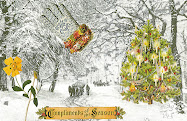



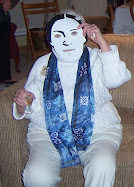
















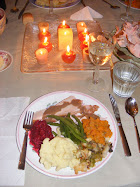




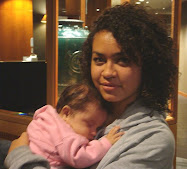
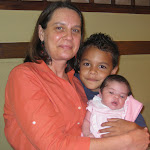





























































2 comments:
There's probably at least popular culture dissertation written on Dolly Parton -- or, at least, I hope there is.
I had a conversation tonight with another choir mom, who grew up in a large working class family, who suggested that maybe Dolly takes a lot of pleasure in putting a whole chicken on each person's plate in part because of a shortage of food in her huge family when she was a child. I thought that was a very interesting speculation.
Post a Comment